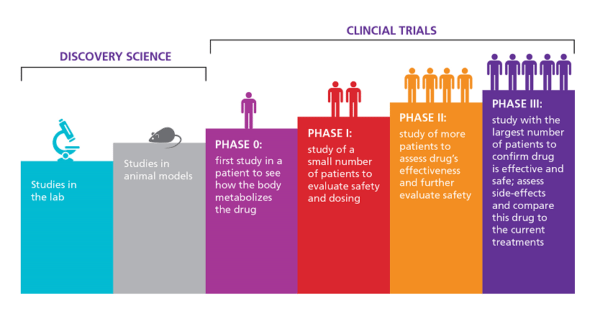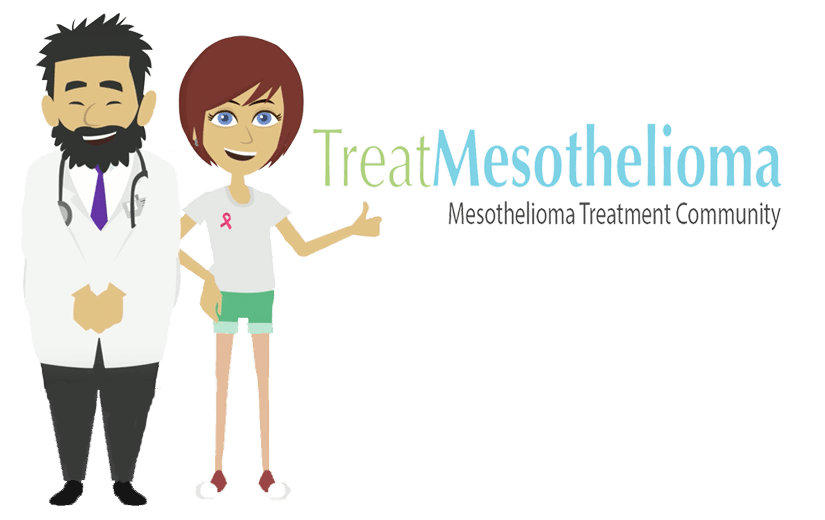
Mesothelioma Clinical Trials
Research into mesothelioma treatments and other forms of cancer is still ongoing, and with the rising number of cases, there is a greater need than ever for effective treatment. To find the cure, though, the lab results must be tested on people with the condition, and this is done through clinical trials.

What Are Clinical Trials?
It’s easiest to think of a clinical trial as a program where those involved get to be the first to test the latest discovered drugs, in this case, for mesothelioma. These trials aren’t even limited to drugs only, but also involve surgical and technological procedures all aimed at curing cancer. Sometimes, these strategies are combined to find out which ones work best, with less adverse side-effects.
Clinical trials are also free and may be sponsored by the government, charity organizations, community programs, and even private donors. These donations are used to pay for the research and development of these programs and try to find the best solutions.

Should You Enroll In A Clinical Trial Program?
It’s always good to enroll in such a program both for you, your children and the world as a whole. Most of the life-saving medications we have today like antibiotics and antiviral medication were only discovered because affected individuals volunteered to participate in such programs.
From a personal perspective, you get the opportunity to make use of what could be the next mesothelioma cure. What’s more, these trials are free, so even if your insurance cover doesn’t take care of your treatment, you won’t have to worry about the cost. Patients in clinical trials gain access to the latest treatment options and techniques that are only being discovered. Compared to the time it takes for the FDA and other drug regulatory commissions to approve medications, which could be years, a clinical trial could be the fastest way of gaining access to these treatments.
Then think about this, some of the victims of mesothelioma have a close relative to an individual who suffered from the same problem wouldn’t you want to ensure your child got the cure just in case they got the condition from you? Finally, there’s no harm in giving back to the world, especially when it doesn’t cost you or harm you in any way, it’s just a good cause.

How To Participate In A Clinical Trial
Unlike other donor programs that have a waiting list, clinical trials for cancer patients aren’t even fully utilized. According to studies, less than 5% of cancer patients take part in these clinical studies which are available in many cancer centers around the world.


What Are The Dangers Of Clinical Trials?
Inasmuch as clinical trials may be the solution to today’s medical problems, they aren’t perfect. Just like any other scientific experiment, the results aren’t always positive, and the participants of a clinical trial are at risk of experiencing some adverse side-effects to the new medication and strategies. When the new treatment option fails, it could mean that you may have overlooked other potentially life-saving measures, and at worst, the symptoms could become worse. However, this is very rare as the scientists and researchers do extensive animal research before using the same technology on humans.
Show Resources
Resources:
- Learn About Clinical Trials. U.S. National Institutes of Health. Accessed at: www.clinicaltrials.gov/ct2/info/understand#Q19
- Clinical Trials for Mesothelioma, WHO International Clinical Trials Registry. Accessed at: www.nhs.uk/Conditions/mesothelioma/Pages/clinical-trial.aspx
- Mesothelioma. The University of Chicago Medicine Accessed at: www.uchospitals.edu/specialties/cancer/mesothelioma/

